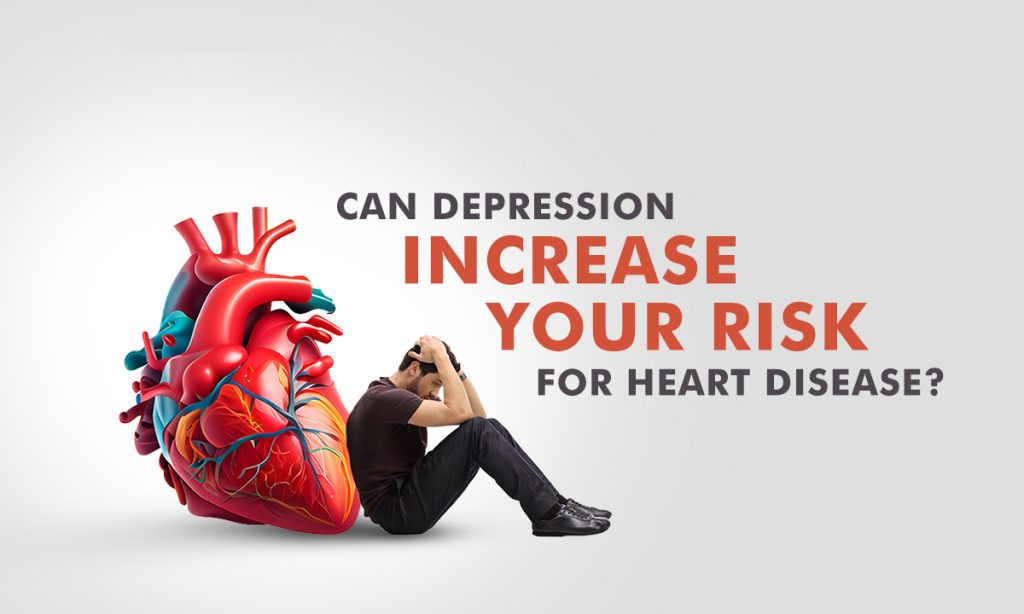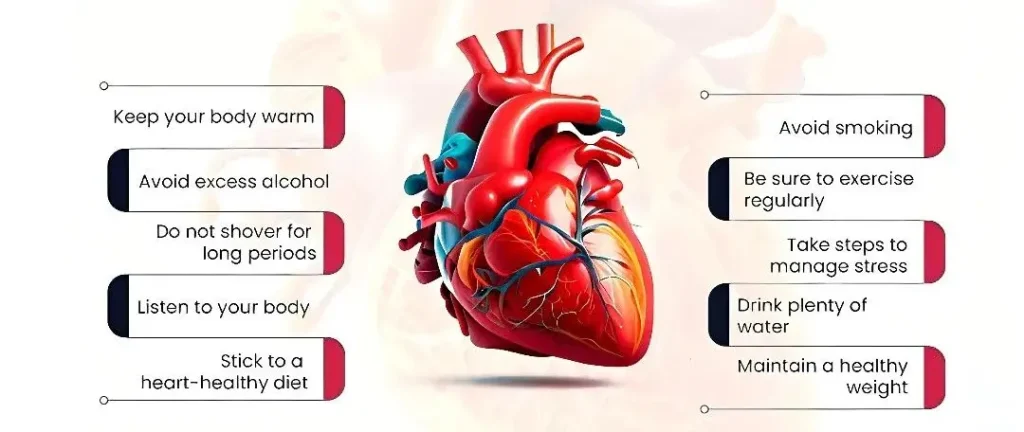
Cardiac sciences, traditionally focused on the physical conditions of the heart and blood vessels, are now turning their attention to mental health, following evidence of a profound connection between depression and heart disease. Once considered a purely physical science, cardiology is increasingly exploring how mental health, particularly depression, can impact cardiovascular health. Research has shown that individuals with depression exhibit higher cardiovascular risk factors and are more susceptible to heart issues. Conversely, those who have experienced a cardiovascular episode may develop symptoms of depression, even without a prior history of the condition.
Understanding the Link between Depression and Heart Disease
The relationship between depression and heart disease is becoming a critical factor in the treatment of cardiovascular conditions. A recent study conducted in India by Johns Hopkins Medicine, which surveyed over half a million people aged 18 to 49, revealed that young adults suffering from depression are more likely to experience poor heart health and develop cardiovascular disease.
Let’s explore how this connection affects heart treatment.
When Depression Can Lead to Cardiovascular Disease
1. Rise in Blood Pressure and Heart Rate: While occasional stress or sadness is common, clinical depression, often undiagnosed, can cause a sustained increase in blood pressure and heart rate. This chronic strain on the heart elevates the risk of future heart problems.
2. Poor Lifestyle Choices: Depression often leads to poor lifestyle decisions, including unhealthy eating habits, lack of exercise, irregular sleep, and substance abuse (e.g., smoking and alcohol). These behaviors are well-known contributors to heart disease. Many depressed individuals turn to alcohol and smoking as false coping mechanisms, often avoiding professional mental health support.
When Heart Failure and Disease Lead to Depression
Those who have experienced heart failure or cardiovascular disease may face significant mental health challenges, including:
- A constant fear of another episode and the uncertainty that comes with it.
- Feelings of hopelessness due to increased dependence on others and lifestyle restrictions.
- A loss of confidence and independence.
The New Approach to Heart Disease Treatment
As evidence of the connection between depression and heart disease grows, cardiology and cardiac sciences are increasingly incorporating mental health into heart treatment. Raising awareness about the importance of mental health in physical well-being is essential to ensuring that patients take depression seriously and seek appropriate help.
Depression often goes undiagnosed due to societal stigma. However, cardiologists are recognizing the need to address mental health alongside heart disease recovery. This holistic approach encourages patients to be open with their doctors about their mental health, allowing healthcare providers to offer the necessary support.
At Oxford Hospital, we take pride in offering a comprehensive approach to heart disease treatment. Our cardiology hospital in Haryana is equipped with a team of experts who provide not only state-of-the-art care but also a holistic, multidisciplinary approach. In our heart treatment hospital in Delhi, we address both the physical and mental aspects of recovery. Our cardiologists collaborate closely with mental health professionals, providing psychological consultations both before and after cardiac interventions.
Since stress and depression can be both causes and consequences of heart disease, we emphasize lifestyle modifications for smokers and those struggling with alcohol addiction. This process is supported by our team of psychiatrists, who manage de-addiction and stress alongside our cardiologists.
For any clarifications on heart treatment or to consult with our cardiac sciences specialists in Jalandhar, you can visit our hospital and book an appointment. We are here to provide comprehensive care and support for your heart health needs.


